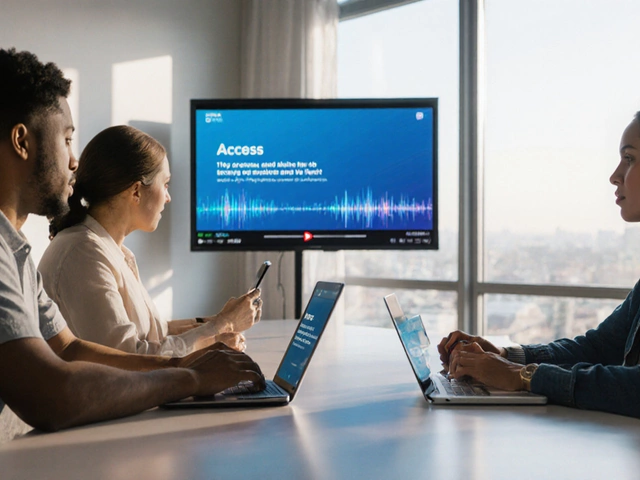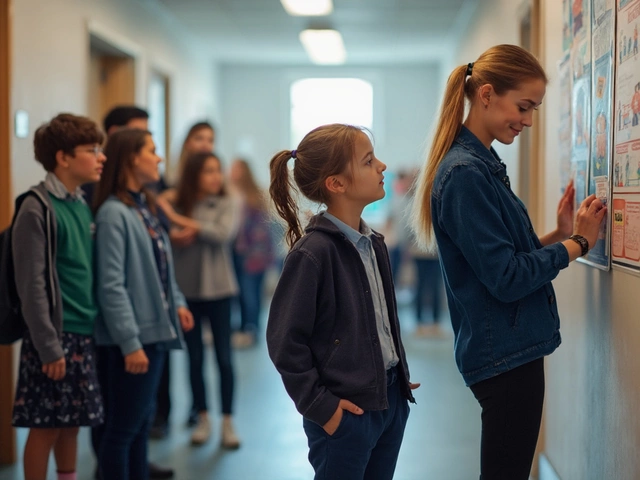Psychologists' View: Practical Tips for Better Learning and Support
When you ask a psychologist about school life, you get straight‑forward advice about how brains work, why students act the way they do, and what you can do today to help. This page pulls together those key ideas across our most‑read articles, so you can skip the jargon and get useful actions.
How Psychologists Explain Learning Blocks
First off, psychologists tell us that learning isn’t just about memorising facts. It’s a mix of attention, emotion, and memory. If a student feels anxious before a test, the brain diverts resources away from recall and toward stress management. Simple tricks like a quick breathing exercise can lower that anxiety, letting the brain focus on the material again.
Another big point is the power of active engagement. Passive listening rarely sticks; instead, psychologists recommend turning information into a story, a diagram, or a teaching moment. When a learner explains a concept to a peer, they reinforce the neural pathways and spot gaps instantly.
Special Needs: What Psychologists See as Key Support Strategies
For kids with autism, ADHD, or other special needs, psychologists stress consistency and sensory awareness. A quiet, predictable routine reduces overload, while allowing short sensory breaks (like a quick stretch or a fidget tool) keeps the nervous system balanced. This isn’t a one‑size‑fits‑all plan—observe each child’s triggers and adjust the environment accordingly.
Communication matters too. Using clear, concise language and visual cues (charts, symbols) helps students process instructions faster. When teachers pair verbal directions with a picture, the brain gets two pathways to the same info, boosting comprehension.
Psychologists also highlight the importance of strengths‑based feedback. Instead of focusing on what’s “wrong,” point out what the student does well and build from there. This approach strengthens self‑esteem, which in turn fuels motivation and better academic outcomes.
Beyond the classroom, mental health directly impacts study habits. Psychologists warn that sleep deprivation, poor nutrition, and excessive screen time sabotage memory consolidation. Encouraging regular sleep schedules, balanced meals, and screen breaks can dramatically improve grades without extra tutoring.
If you’re a parent or tutor, ask yourself: Are you modelling healthy habits? Kids often copy adult behaviours, so showing how you manage stress and stay organized sets a powerful example.
Finally, remember that psychologists view education as a partnership. Teachers, families, and students each bring pieces of the puzzle. Open communication channels—weekly check‑ins, shared goal sheets, and honest feedback—create a safety net where problems are spotted early and solved together.
Use these psychologist‑backed tips to make learning smoother, more enjoyable, and more effective for every student. Small changes add up, and you’ll see the difference in confidence, focus, and results.






